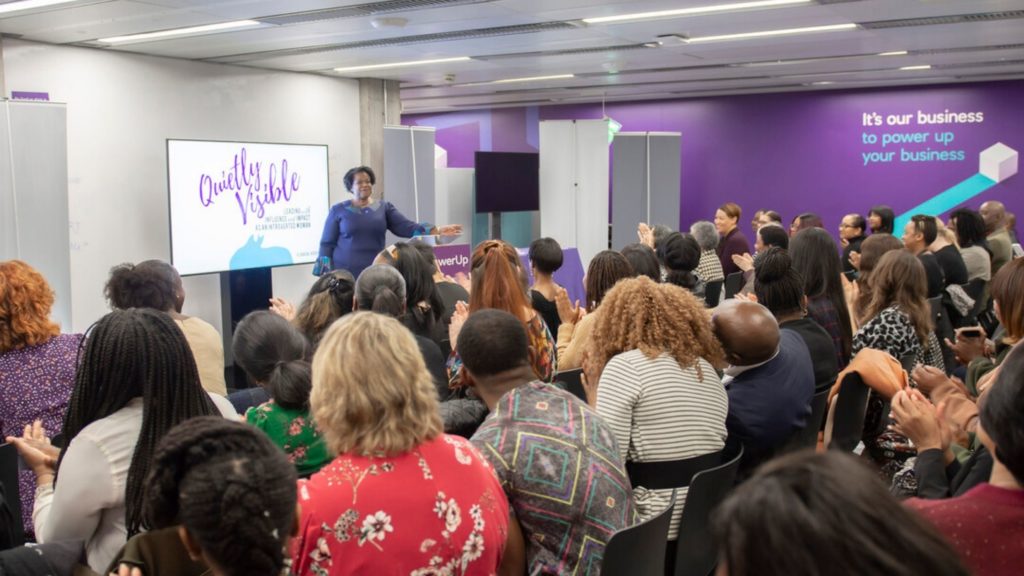This week's post is a response to a question I was asked following a talk recently did.
Q. How do you ‘manage’ your relationship with an Extrovert manager
Answer
Many people don’t understand exactly what is meant by the term introversion and have a misconceived idea about what it is. How you manage your relationship with an extrovert manager will depend on what your manager’s perception of introversion is.
If your line manager has a misconstrued idea of what it is, then it may require you helping them to understand what introversion is and what it isn’t. I take it that by asking this question, your manager probably misunderstands introversion, and that the relationship does not flow how you would like because of this.
Some of the misconceptions that I frequently come across are that people who are introverted are socially awkward, shy, nervous, lacking confidence, social misfits, anti-social, socially anxious, don’t like public speaking and more. However, these could also apply to someone who is extroverted.
Just as it is helpful for your manager to understand introversion, it will also be helpful for you to understand what extroversion is as well, if you don’t already do so. That way, you will better understand why your manager may be the way that they are.
Introversion and extroversion sit at opposite ends of a continuum, and all of us fit somewhere in between. Introverts are concerned with things of the inner mind and draw energy from being alone and going inwards. Whereas extroverts are concerned with things external to their mind and draw energy from being around other people. It is all about how we interact and engage with the world.
For example, introverts are overstimulated by spending too long in noisy social environments such as parties. It’s not that we don’t enjoy them, it’s that we can find them draining if we are in them for too long. We need time after to recharge. Whereas with extroverts, they typically thrive being in environments where they are around lots of people. They enjoy that external stimulation.
Different situations and different environments will determine our preference, and we have a preference as to how we respond. You may find that in certain environments you may display more typical extroverted behaviours, for example amongst a small group of close friends.
Whereas in a larger social environment, you may display more of the behaviours described as typical introverted behaviours. You may find that you are quieter because you retreat inwards more and may not feel energised to talk and engage so much with other people.
People who are introverted tend to have a preference for thinking and processing their thoughts before speaking. You may think your extroverted colleagues speak a lot in meetings, but people who are extroverted tend to speak and process their thoughts whilst they are speaking. I often have extroverted clients who relish the space that coaching gives them to think out loud. And because they talk a lot, tell me that they are processing their thoughts.
This is why meetings can be challenging for some introverts. Because of the way that most meetings are conducted, they do not allow time for that processing of thoughts that introverts need. This can be misconstrued as them not engaging, or not speaking up.
One Vice President on joining the organisation, told people that if they wanted her to make a decision, they needed to give her sufficient time to think. She told them that if they wanted her to make an immediate decision, she could give them one, but it would not be her best decision. She makes her best decisions when she has had time to process her thoughts.
If your manager has a misunderstanding of what introversion is, you may want to have a conversation with them. Let them know you are introverted and what this means. Direct them to this newsletter so that they can not only read the articles, but to also read the many comments from other introverted people to get a better understanding of how introversion shows up in the workplace, and how introverts are impacted by unfavourable bias towards them.
If you have an extroverted manager, how do you manage your relationship with them? Do they understand what introversion is, or do they lack understanding of what it is?
First published on LinkedIn.
If you are an introverted woman and a senior leader and want to increase your confidence, influence and impact, take my free assessment and get a report identifying areas to develop. You can take the assessment here.

